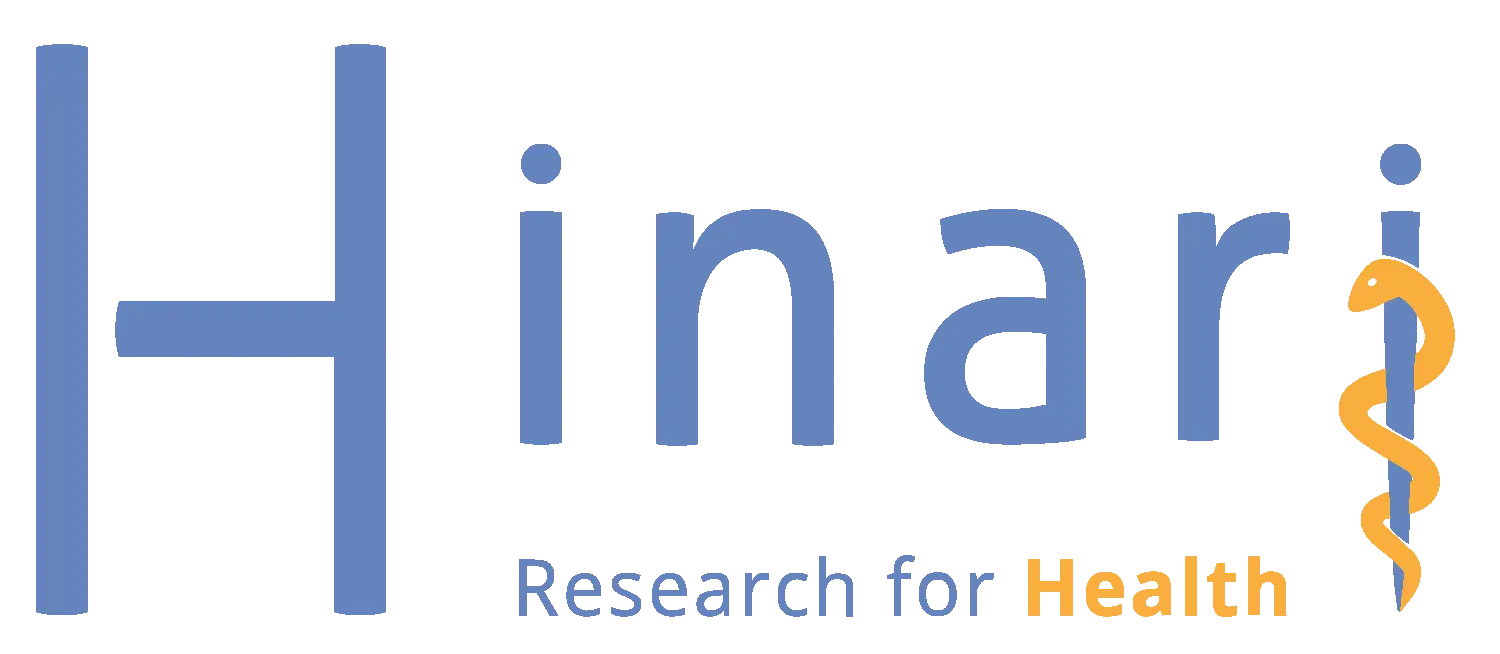Review Process
Turkish Journal of Intensive Care is the scientific, peer-reviewed, open-access journal of Turkish Intensive Care Association. The entire submission process for an article is completed online through a descriptive online submission system via the following website: https://jag.journalagent.com/tybdd/
Reviewers can also access their personal pages with their passwords through the same address.
Articles that comply with the main rules of the journal are sent to at least two external reviewers, and their opinions on the publishability of the article are requested. The reviewed articles are then re-evaluated by the Editor-in-Chief and the Editorial Board, and a decision to reject or accept is formed.
If any reviewer has a conflict of interest, they must inform the editor before accepting to review the submission.
TJIC is committed to the highest standards of research and publication ethics. When editors suspect any ethical misconduct, they will act in accordance with the relevant international publication ethics guidelines, such as the COPE guidelines, ICMJE Recommendations, CSE's White Paper on Publication Ethics, WAME resources, WMA policies, and ORI. The editorial board of the journal encourages reviewers to comment on possible research or publication ethics violations, such as unethical research design, duplication, plagiarism, and similar issues. Plagiarism is one of the most common ethical issues related to medical writing and is a serious problem. TJIC does not tolerate any form of plagiarism. As per journal policy, submitted articles are screened for similarity at least twice during the review process and after acceptance, using similarity detection software such as iThenticate and others. If reviewers suspect plagiarism, editors may provide them with information obtained from plagiarism detection tools.
For all research studies, approval of research protocols by an ethics committee is required in accordance with international agreements such as the WMA Declaration of Helsinki - Ethical Principles for Medical Research Involving Human Subjects (latest update: October 2024, Helsinki, Finland), the Guide for the Care and Use of Laboratory Animals (8th edition, 2011), and/or the International Guiding Principles for Biomedical Research Involving Animals (2012). If the submitted article does not include ethics committee approval, it will be reviewed according to COPE guidelines (Guidelines for Editors: Research, Audit, and Service Evaluations). If it is determined that the study requires ethical approval, authors will be asked to provide it to continue the review process. If they cannot provide ethical approval, their article will be rejected, and it will be reported to the relevant institutions in their country if necessary, indicating that the study should have had ethics committee approval. If ethical approval is provided, the review of the article will continue.
If the study does not require ethics committee approval, after the editorial board's review, authors will be asked to provide either a document obtained from an independent board stating that ethics committee approval is not required according to the research integrity rules of the country where the study was conducted or to provide the ethics committee approval. If the authors provide one of these documents, the review process will continue. If they cannot provide the documents, the article will be rejected.
For articles related to experimental research on humans, a statement should be included showing that informed consent was obtained after detailed information about the procedures the patients and volunteers would undergo was provided. Informed consent must also be obtained for case reports. Written permission must be obtained from the patient to publish recognizable photographs of them. Procedures performed to alleviate any pain, harm, or discomfort in subjects/animals should be clearly stated. Authors must clearly indicate that they have complied with internationally accepted guidelines and the guidelines issued by the relevant authorities in their country. The journal requires a copy of the Ethics Committee Approval obtained from the relevant authority.
TJIC requires reviewers to keep articles confidential. The material of the article should not be used or shared in any way until it is published. In cases of suspected reviewer misconduct, TJIC follows the COPE flowchart. Please refer to the COPE ethical guidelines for reviewers for the 'Basic Principles Reviewers Should Adhere To' and 'Expectations from Reviewers.'
Reviewers are expected to check whether the articles comply with the SAGER guidelines and to encourage authors in this regard. Authors should carefully use the terms sex, referring to biological characteristics, and gender, shaped by social and cultural conditions, to avoid confusing the two. Article titles and/or abstracts should clearly state which sex(es) the study applies to. Authors should also identify whether sex and/or gender differences were anticipated, report how sex and/or gender were considered in the study design, provide sex- and/or gender-disaggregated data where appropriate, and discuss relevant outcomes.
Reviewers can refer to the 'Instructions for Authors' page if needed. They can also use the following questions when evaluating articles:
- Do you have any conflicts of interest related to the evaluation of this article? (If not applicable, please state 'none.')
- Do you suspect any research or publication ethics violations? If yes, please provide details.
- Does the article contain new and significant information that justifies its publication?
- Is the title appropriate?
- Does the abstract clearly and accurately describe the content of the article?
- Is the problem stated clearly and concisely?
- Are the methods comprehensively explained?
- Is the results section clear and satisfactory?
- Are the interpretations and conclusions justified by the results obtained?
- Are sufficient and up-to-date references provided to other studies in the field?
- Is the language at an acceptable level?
- Please assess the publication priority of this article (1 is the highest priority, 10 is the lowest priority).
- Is appropriate terminology used in the text?
- Are the figures and/or tables adequate?
- Is it necessary to shorten the article?

















